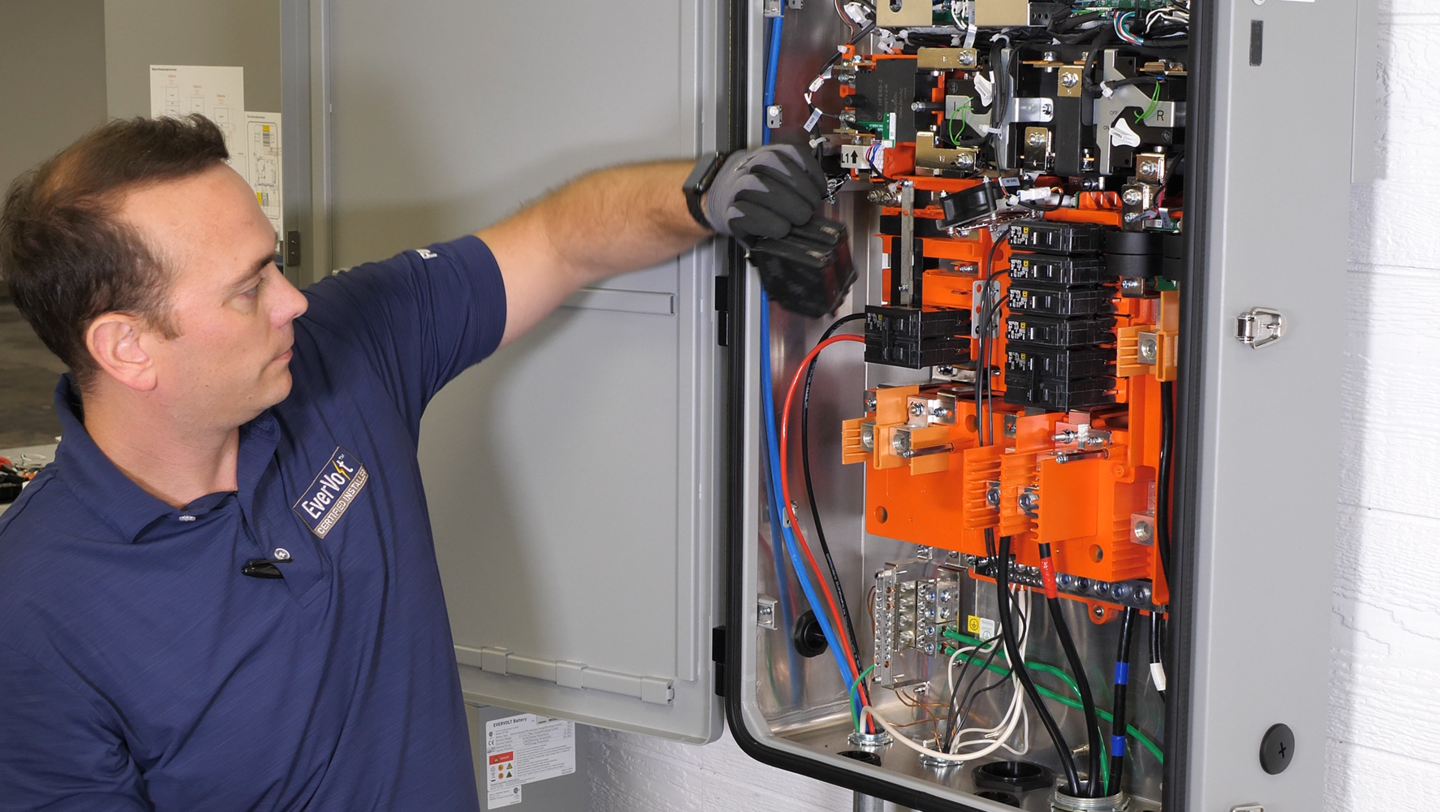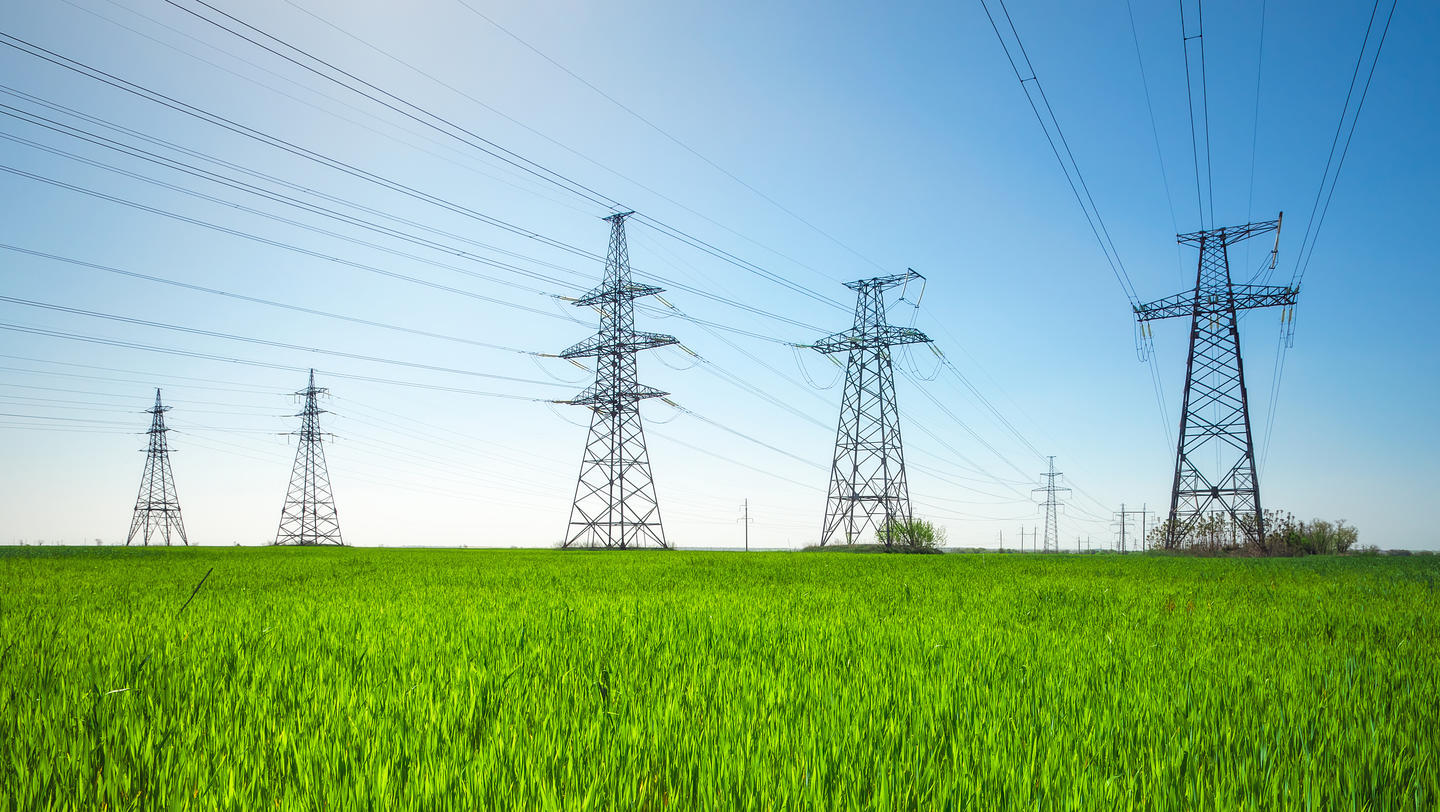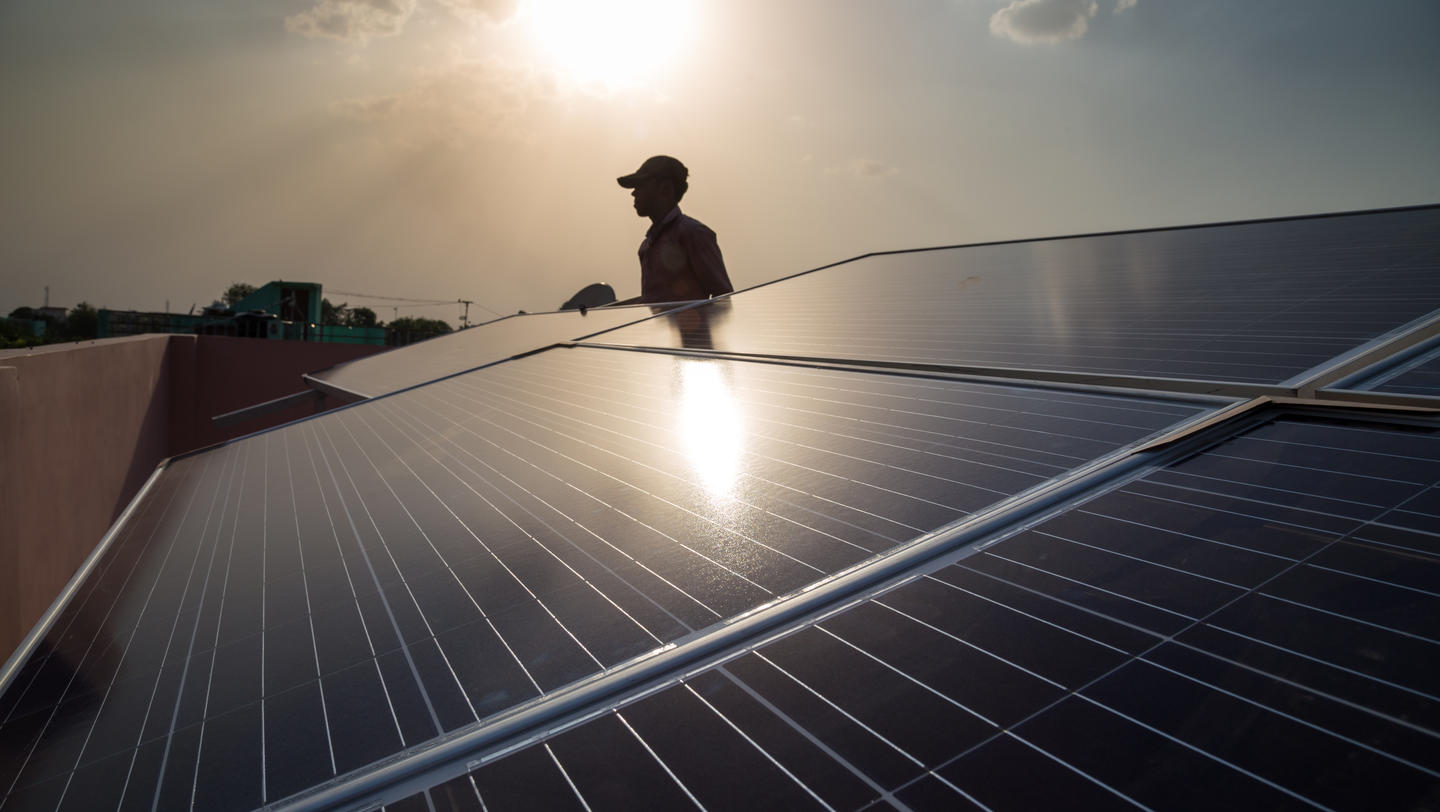11 recurring questions homeowners ask about energy storage

11 recurring questions homeowners ask about energy storage
We've updated this article with the latest information on energy storage. You can find the refreshed version here.
There are many benefits to installing solar panels on your roof. From greater energy independence and reliability to reduced bills and increased sustainability, home solar systems give you more control over your energy consumption and bills. Battery storage (also commonly referred to as 'energy storage') augments the energy efficiency of your panels by enabling you to store your unused solar energy.
Batteries are still a relatively new technology and it can require a bit of research to get your head around how they work and which system is right for you. Here's a look at some of the most commonly asked questions to get you started.
How do batteries differ?
There are three main types of battery namely lithium-ion, lead-acid, and saltwater. Lithium-ion batteries are generally the most suitable for homeowners, as they're lightweight, compact, and typically have a longer shelf life than other battery technologies. They also have a higher depth of discharge, meaning you can tap into more of your battery's capacity.
How much power do they store?
This varies, so it's important to check the capacity and power rating of your battery before you make a purchase. The capacity tells you how much electricity your battery can store and the power rating is how much it can discharge at a given time. Batteries with a high capacity and low power rating can power a number of small appliances for a long time. Batteries with a low capacity and high power rating can run your whole home, but only for a few hours.
How much does battery storage cost?
Residential solar batteries typically range from $10,000 to $25,000 or more, excluding installation costs and any additional equipment that may be needed. You can offset some of this expense under the federal Investment Tax Credit (ITC), which allows you to deduct 30% of the costs of your solar storage system from your taxes. This slides to 26% next year before phasing out altogether by 2022.
Can battery storage save me money?
In certain situations, batteries can help shave money off your electric bills; you'll be using less power from the grid. They also provide a valuable hedge against volatile energy prices. You can use your stored power during peak times when utility electric rates are at their highest. This is especially valuable in cities where time-of-use rates are in force.
How big is a battery?
Batteries vary in size according to the model and manufacturer but most are slim and compact enough to fit in a garage or basement without any problems.
Where do you install the batteries?
You can usually install batteries on the wall or floor, in a garage or similar structure and most homes only need one.
Will it work during a power outage?
Yes. One of the many benefits of installing a battery is that you can use it to keep the lights on during a brownout or blackout.
What is the lifespan of a battery storage system?
Battery warranties are typically between five and 15 years.
Do I need to maintain the battery?
Batteries don't tend to need regular maintenance, but their installation location can affect performance and lifespan. You should try to install your battery in a mild environment that doesn't suffer extremes of hot and cold temperatures, as this can shorten its lifetime.
Will I still need a grid connection?
Your home can not go fully off the grid with most residential batteries (although it is possible with proper planning and professional guidance from a knowledgeable solar contractor). Instead, most homeowners maintain a grid connection to ensure a consistent power supply. However, batteries do give you greater energy independence, as you can switch between grid electricity and stored power as you choose.
What if I move?
Research suggests that homebuyers are willing to pay a premium of $15,000 on homes with solar energy installations. Whether or not you can take your battery with you depends on several factors, so the best thing to do is to speak to the manufacturer and installer to explore your options.
Interested in battery storage solutions for your home? Learn more about EVERVOLT, Panasonic's battery storage solution. For more insights on battery storage and renewable energy options, check out Panasonic's Green Living blog.
![]()











